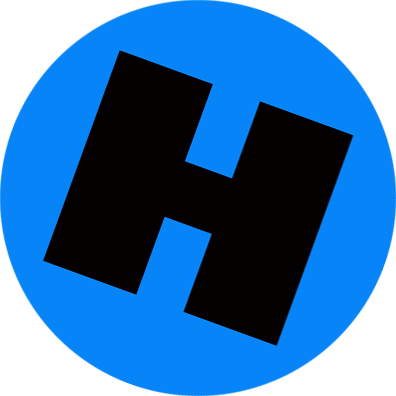by
Another 12 months have flown by. As we look back at this year in tech, The Verge staff members are grading each major company and product category in the industry on how they fared in 2016.
Last year, with its profits surging and user base surpassing 1 billion, Facebook entered its imperial phase. The company launched internet.org, an ambitious effort to bring all of the world’s people online, and built prototypes of a solar-powered drone that would help it do so. And growth continued into this year, with 1.18 billion daily users and profits that tripled in the most recent quarter.
CEO Mark Zuckerberg, announced an even more ambitious goal for himself: curing all human disease. Meanwhile Aquila, its internet drone, got in the air for the first time. The company’s subsidiaries all made progress, to varying degrees: Oculus, its virtual-reality arm, hit store shelves. Instagram doubled its user base over a two-year period, aided by its decision to strip-mine the most successful parts of Snapchat and insert them into the app. WhatsApp hit 1 billion users and outlined a plan to eventually make money by connecting users with businesses.
So why does it feel, at the end of December, like Facebook had a lousy year? In short: the US presidential election. The election of Donald Trump drew intense scrutiny around Facebook’s role in the public sphere, after dozens of hoaxes and misinformation campaigns went viral on the platform. “Fake news” — the two words which have come to define Facebook’s 2016 — found a welcome home on Facebook, and likely energized some unknown quantity of Trump voters while diminishing support for Hillary Clinton.
The platform had so thoroughly separated Americans from their ideological opposites that most of the country woke up November 9th in a state of shock. So this was life in the filter bubble. For years we took for granted that a more “connected” world would be a harmonious one. But instead it seems to have promoted tribalism.
Zuckerberg didn’t help matters when he dismissed the notion that Facebook influenced the election as “a pretty crazy idea.” But as the outcry continued — thanks largely to the reporting of Craig Silverman at BuzzFeed, who delivered story after story of miscreants flooding the News Feed with propaganda — Facebook relented. This month it released its first set of tools designed to limit the spread of fake news, and promised that more are coming.
Facebook ends 2016 more powerful than ever, but it’s under more scrutiny, too. In 2017 Facebook’s mission to connect the world will likely gain momentum. The results of those connections are still anyone’s guess. And given the year we just lived through, that should make all of us uneasy.
VERGE 2016 REPORT CARD: FACEBOOK
2016 GRADE = C
GOLD STARS:
- Kept growing in users and revenue
- Blunted a growing challenge from Snapchat by importing its best features to its own apps
- Started using AI to describe photos to the blind
- Built a plane that flies
- Hired Regina Dugan to start a new hardware division
NEEDS IMPROVEMENT:
- Enabled the spread of fake news in a way that likely influenced the US presidential election
- Most of its big product launches in 2016 were features developed by other companies
- Bots flopped
- Plane’s wing snapped off before landing
